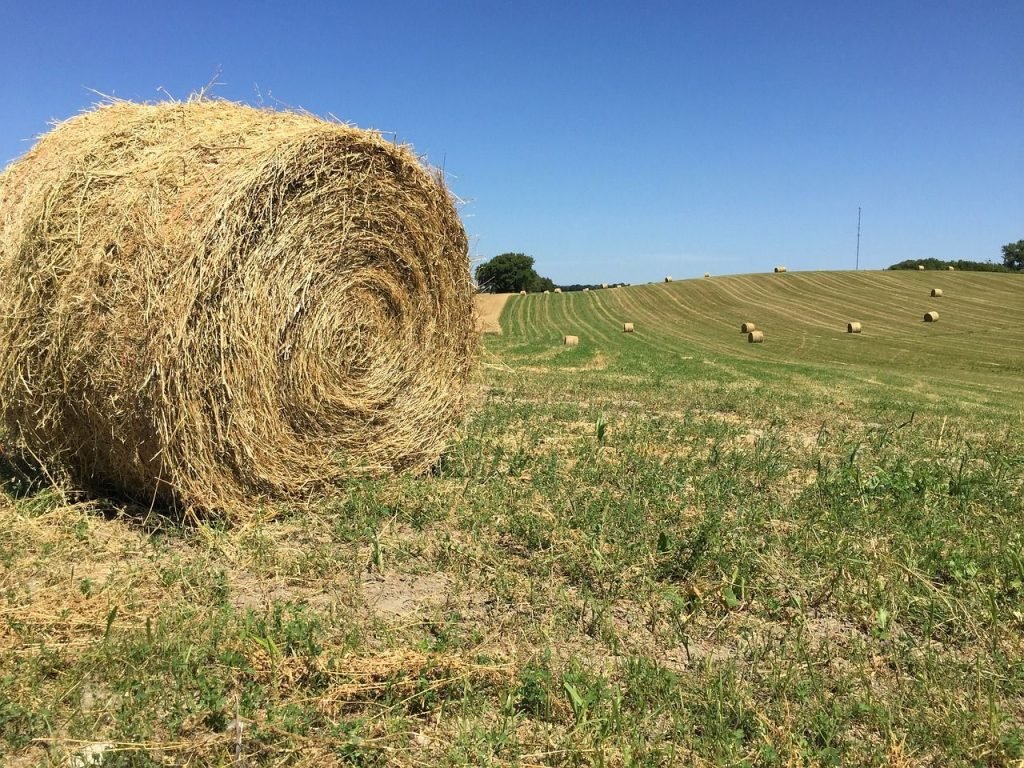InsightproteinEnvironment: Weather and climateweAgriculture
October 24, 2023
Arizona's governor has moved to terminate leases with several companies that pump groundwater to farm alfalfa on federal land, including one held by a subsidiary of Saudi Arabian dairy giant Almarai.
In explaining the move, the governor said the companies had violated the terms of the agreement. But Arizona's lease agreements and companies' use of groundwater have also become an environmental and political controversy in a state plagued by worsening water shortages and persistent heat waves.
Fondomonte, a subsidiary of Almarai, grows alfalfa on thousands of acres in western Arizona and exports it primarily to the Middle East as animal feed. Fondomonte, the second-largest public land lessee in Arizona, also has operations in California.
Alfalfa, a forage crop, is grown in some of Arizona's most water-stressed counties, according to Gro's Water Stress Index. Maricopa County, which includes Phoenix, the state's largest city, is the largest producer of alfalfa. The county ranks at a “moderate” water stress level on the Gro Index, which scores water stress on a scale of 0 (no stress) to 5 (very high stress).
Adjacent Pinal County, the second-largest producer of alfalfa, has significantly higher water stress, scoring 3.2 on the Gro Index's 0-5 scale, or “high.” However, in La Paz County, where Fondomonte primarily operates, water stress is “low.” (See the map below of Gro's Water Stress Index scores for U.S. counties.)
Gro's water stress index calculates historical averages of water stress based on global hydrological and water resources models that simulate water storage and exchange between soil, atmosphere, and groundwater reservoirs. The model also estimates water demand for irrigation, livestock, industry, and domestic use. Water stress occurs when the available supply is not sufficient to meet demand.
The Arizona governor said that even when water stress is low, water supplies are important as a backup to other parts of the state, especially as the Colorado River is scarce.
Alfalfa is a nutritious, high-yielding forage legume that consumes large amounts of water in the western United States. Several states receive a significant portion of the Colorado River's water. And in California, alfalfa is the largest agricultural user of water.
view this glo display Data on alfalfa growing locations, quantities, and yields across the United States.
Arizona's warm temperatures and predictable climate make it an ideal place to grow alfalfa. This crop can be grown essentially year-round in the desert Southwest and provides multiple cuts of hay. Because of the long growing season, Arizona's alfalfa yield per acre is approximately 150% higher than the national average.
Since the beginning of this century, alfalfa production in Arizona has increased by more than 40 percent. Arizona is the seventh largest producer of alfalfa, following states such as Idaho and Montana.
Arizona's governor said he will immediately terminate one land lease agreement with Fondomonte and will not renew other contracts that are expiring. Fondomonte said it would appeal the lease termination.
Gro's Water Stress Index shows that some of the most stressed counties in the United States are from the Southwest to the Great Plains. Water stress can occur when the available water supply is not sufficient to meet demand. The Gro Index calculates historical averages of water stress based on global hydrology and water resource models and assigns a score on a scale from 0 (no stress) to 5 (very high stress).
















